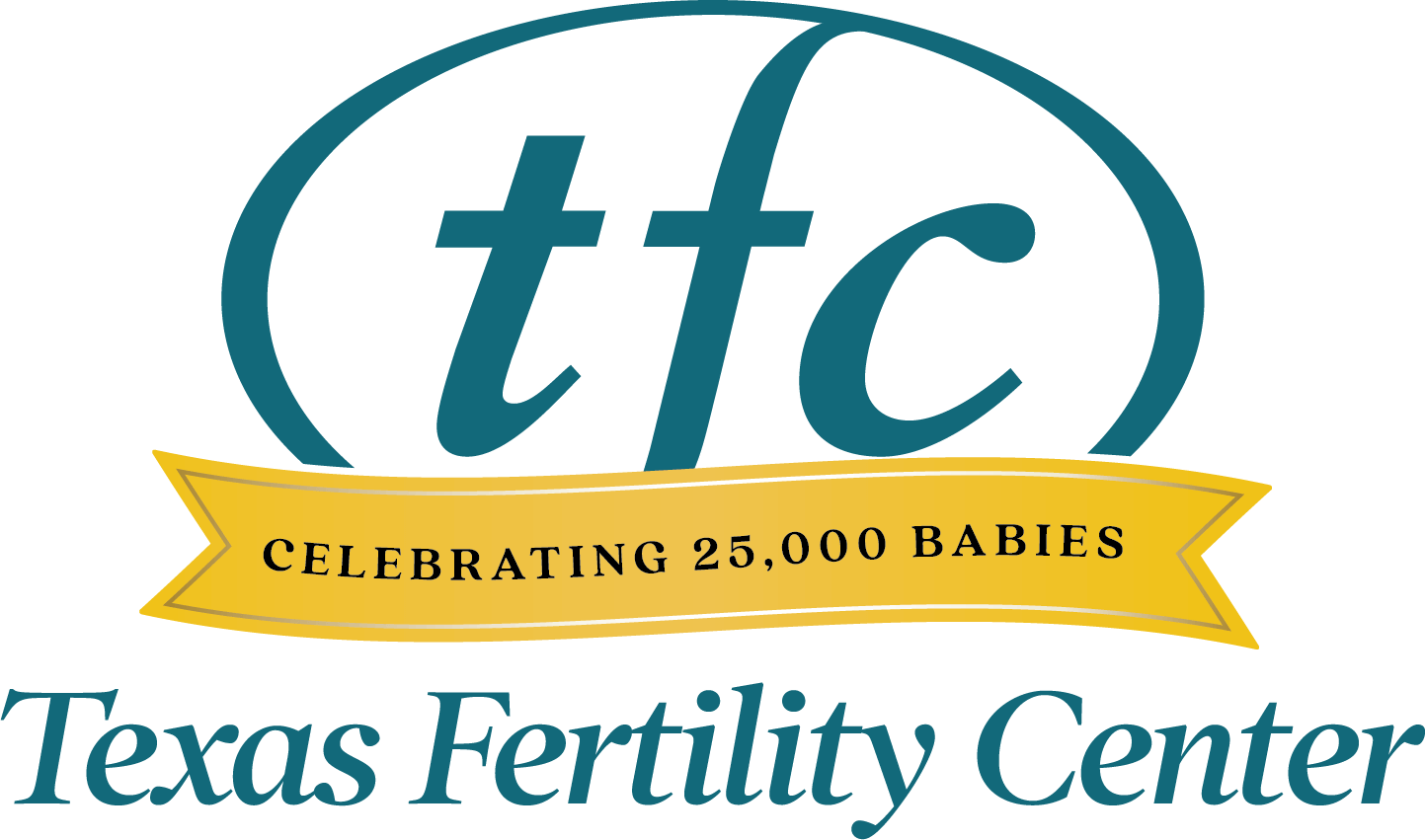
Uterine fibroids and fertility are linked
Uterine fibroids, also called myomas or leiomyomas, are benign (noncancerous) growths that develop in the uterus. Fibroids are the most common growth in a woman’s pelvis, affecting 20% of women of reproductive age. It’s not surprising that our New Braunfels fertility specialist gets many questions about uterine fibroids and fertility, including whether fibroids and infertility are linked.
Dr. Susan Hudson with Texas Fertility Center of New Braunfels explains that every woman’s experience with fibroids is different. Fibroids can vary in number, size and symptoms. Many women are not aware they have fibroids until a doctor discovers them during a routine pelvic exam.
Who develops fibroids?
Fibroids are most common in women ages 30 to 40, and occur more frequently in Black women than white women. Other factors may increase the incidence of developing fibroids.
- Family history – A mother with fibroids increases a woman’s likelihood of also having fibroids.
- Weight – Obesity significantly increases the risk of fibroids.
- Diet – Diets high in red meat have been associated with increased risk of fibroids.
Symptoms of fibroids
Many women do not experience symptoms of fibroids, and fibroids have no impact on their lives. Others may experience significant issues that affect their quality of life.
- Changes to their menstrual cycle, including heavy menstrual bleeding, longer or more frequent cycles, or painful cramps
- A feeling of fullness in the abdomen or pain in the lower back
- Pain during sex
- Difficulty urinating or frequent urination
- Constipation or difficult bowel movements
The relationship between uterine fibroids and fertility
While most women’s fertility is not affected by fibroids, approximately 5% to 10% of women experiencing infertility have fibroids. There are a few ways that fibroids can affect a woman’s ability to become pregnant.
- Heavy menstrual bleeding that is often associated with fibroids may make it difficult for embryos to implant in the uterus.
- The size and location of fibroids can distort the shape of the uterus, decreasing the chance of embryo implantation.
- “Uterine waves,” small contractions that occur in the uterus during menstruation and pregnancy, are too small to be felt, but are important to embryo implantation and maintaining a pregnancy. Fibroids can interfere with the wave movement, negatively affecting implantation and increasing the risk of miscarriage.
Fibroids during pregnancy
While fibroids and infertility are connected, many women can achieve pregnancy despite having fibroids. Most women with fibroids have normal pregnancies. However, women with fibroids are more likely to have specific complications during pregnancy and delivery.
- Preterm delivery
- Miscarriage
- Cesarean section
- Breech positioning
- Placental abruption
If you have a history of fibroids, tell your OBGYN, so they may factor that into your healthcare during your pregnancy.
Fibroids and infertility treatment
Uterine fibroids can affect fertility treatment, including IVF. Large or numerous fibroids can make egg retrieval more difficult, reduce the number eggs available for retrieval, and affect the implantation of embryos.
For many women, fibroid treatment is unnecessary, unless symptoms affect a woman’s quality of life or there is a problem with uterine fibroids and fertility. There are several potential treatments for fibroids. However, for those wanting to become pregnant or undergo fertility treatments, the options are more clear-cut.
The first treatment option is myomectomy, the surgical removal of fibroids. Done either with laparoscopy or hysteroscopy, this procedure removes the fibroids, but spares the healthy uterine tissue.
Another potential treatment is the use of gonadotropin-releasing hormone (GnRH) agonists or antagonists. This medication can temporarily shrink the fibroids. This approach is typically used before IVF treatment, as smaller fibroids improve the chance of implantation.
In some cases, the best approach may be a combination of both treatments.
Because uterine fibroids and fertility are linked, Dr. Hudson emphasizes the importance of sharing your intention to become pregnant before determining a treatment plan for fibroids.
If you have questions about uterine fibroids and fertility, contact our New Braunfels fertility center.



